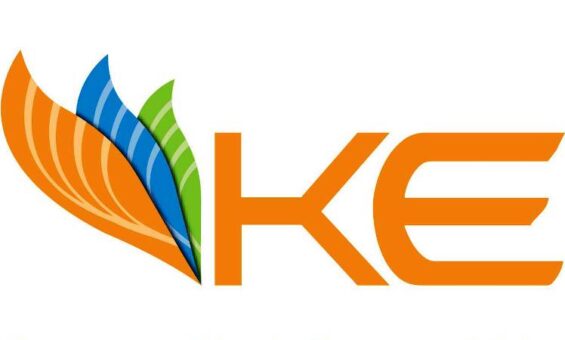KARACHI: The Hub Power Company Limited (Hubco) on Tuesday said that it has initiated agreement with Central Power Purchasing Agency (Guarantee) Limited (power purchaser) in furtherance of the Memorandum of Understanding dated August 21, 2020.
In a communication sent to Pakistan Stock Exchange (PSX), the company said that under the agreement, the payment of overdue receivables is an integral part of the agreement and the payment mechanism envisaged is two instalments, with 40 percent of the overdue receivables payable within 30 business days of signing the Agreement (comprising 1/3rd cash and 2/3rd financial instruments of PIBs and Sukuks) and the remaining 60 percent payable 6 months thereafter through the same method as that of the first instalment.
In addition, payment of all invoices will be made in order of its submission so that invoices that have been outstanding the longest (in whole or in part) shall be paid first.
At the request of the Government of Pakistan, in the larger national interest and sectoral sustainability, the Parties have agreed to reduce the existing Fixed Operating Costs Element by 11 percent, whilst keeping the existing arrangement of indexations.
At the same time, the Parties have agreed to discontinue the US$ Exchange rate and US CPI indexation on the Project Company Equity and fix the same on National Bank of Pakistan’s TT/OD selling PKR/USD exchange rate prevailing as on August 21, 2020 and US CPI for the month of August 2020; till the current exchange rate reaches that of August 21, 2020 i.e. PKR 168.60/USD, the existing arrangement under Power Purchase Agreement (PPA) for the current half year shall apply for future billing.
The parties have also agreed to engage without delay, on signing of the Agreement, in good faith negotiations and discussion and use their best endeavors to achieve pre-mature termination of the PPA, which will be mutually beneficial, resulting in compensation to the Company, while saving GOP substantial sums in lieu of capacity payments till the expiry of the Power Purchase Agreement (PPA).
In parallel, the Parties have also agreed that certain outstanding dispute(s) shall be resolved through arbitration under the PPA. The terms of the Agreement are subject to approval of the Board of Directors of Hubco, the Federal Cabinet and execution of a final binding agreement.






